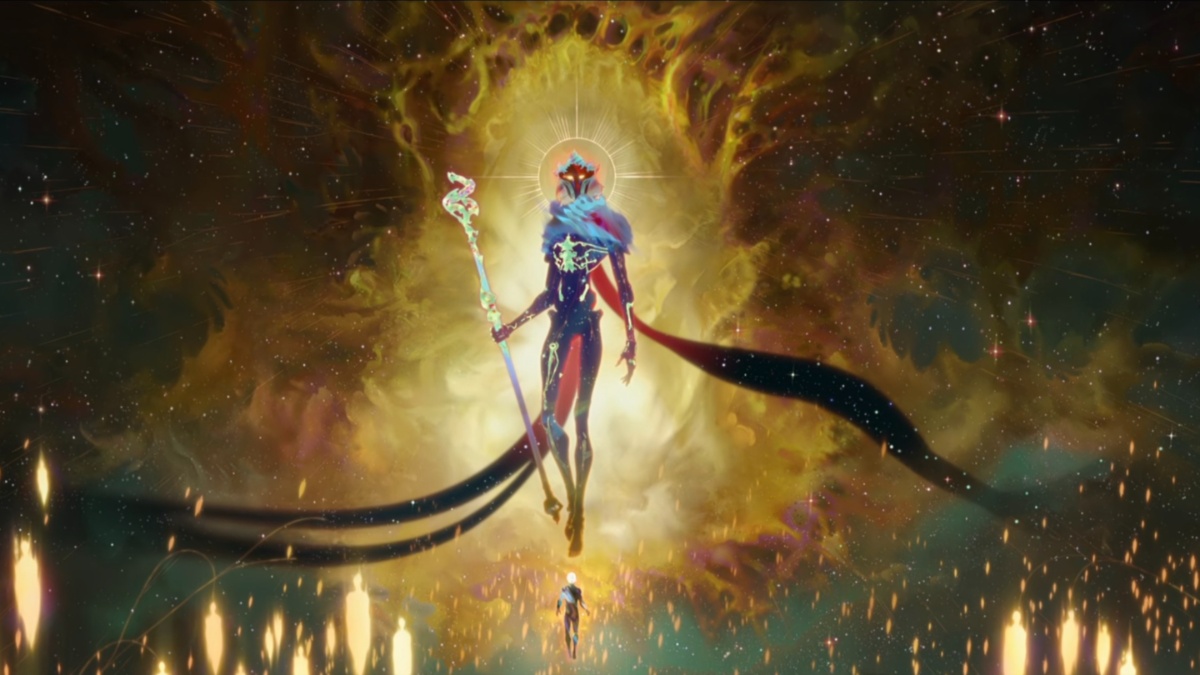Arcane’s jump to grandiosity lost what made the show great

Before I begin, let me state that I love Arcane. The ending had me sobbing. However, the final act felt like it lacked something. The nitty-gritty of power struggles between classes was replaced by a crisis of existential proportion with a clear right and wrong. Essentially, Arcane went too big.
Arcane has to be one of the most visually interesting and well-told animated series out there. The characters are extremely interesting. Their struggles and motivation behind every action are delectable, allowing us, the audience, to decide who we think is wrong and who we think is right. Depending on who you are, your view of that might differ. That’s what Arcane did so fantastically, especially when you layer that on top of a class divide between the haves of Piltover and the have-nots of Zaun.
This take on classism was so integral to the show in the beginning, the mafia-esque underworld vs the corrupt do-gooders. It was often the cause of stress and tension between characters. However, towards the end of the second season, the show started to drop this. In its place rose a greater evil, an existential threat: Viktor and his “Great Evolution.” Viktor, corrupted by the hex tech that was used to save him, now believed he could eradicate all problems in society by taking away free choice. Essentially stripping people of their autonomy and effectively ending the human race. He constituted a threat so large that former enemies would have to become allies.
Have we seen this before?

The bringing together of initially opposed groups to fight a greater evil has been done again and again. Case in point, watch any Marvel/DC ensemble film. It can work sometimes, but in the case of Arcane, it felt a tad rushed. In favor of this new big bad, the problems that Arcane had spent so long focusing on were almost swept under the rug. Prior to the final act, the tension between Piltover and Zaun was at its highest thanks to Caitlyn’s grudge against Jinx leading to full blown fascism. In the final act, those tensions simply drifted away.
The finale took a difficult issue: the complexity of progress after generations of bad blood, and resolved it with a simple solution, work together and live, or die divided. In a way, Victor was right. He saw how flawed humanity was because of choice, and by giving them next to none, they finally came together. Sure, there was a moment when the fighters of Zaun looked like they were ready to abandon Piltover to its fate, but they predictably came back to fight side by side with the officers who had earlier persecuted them. In the end, when the dust settled, we saw that their efforts had not gone unrewarded. Sevika was offered a seat at the council as the first representative of Zaun, a step in the right direction at least.
By the last episode, Victor, too, had become a less interesting character. His commune had been exposed for what it truly was, a hive-mind cult, and his morals and ethics eventually boiled down to wanting to strip people of their humanity in order to make them perfect. Unlike Silco, he wasn’t calculated, and he wasn’t clever. Other than one decoy (likely Ambessa’s design), he had no tricks up his sleeve. Just sheer overwhelming power. In my opinion, Silco made a much more interesting villain.
The ending still rocked though

The larger theme of the show may have been dropped in order to create a high-stakes finale, but it was still magnificent. The first (and best) episode of the final act, ‘Pretend Like it’s The First Time,’ was both beautiful and heartbreaking. The writers continued to mine each character for all they were worth, which led to phenomenal development and truly rewarding payoffs. Across the board, the series has been exceptional, from the animation to the music to the voice acting, it’s just been top-tier.
We also know that this isn’t the last time we will enter Runterra. There will be spin-offs. Perhaps here we will see more of what made the series so great in the first place. Perhaps here we can get back to the nitty-gritty of politics being played at all levels as we explore more of the world. For now, one existential threat is enough.
Have a tip we should know? [email protected]
